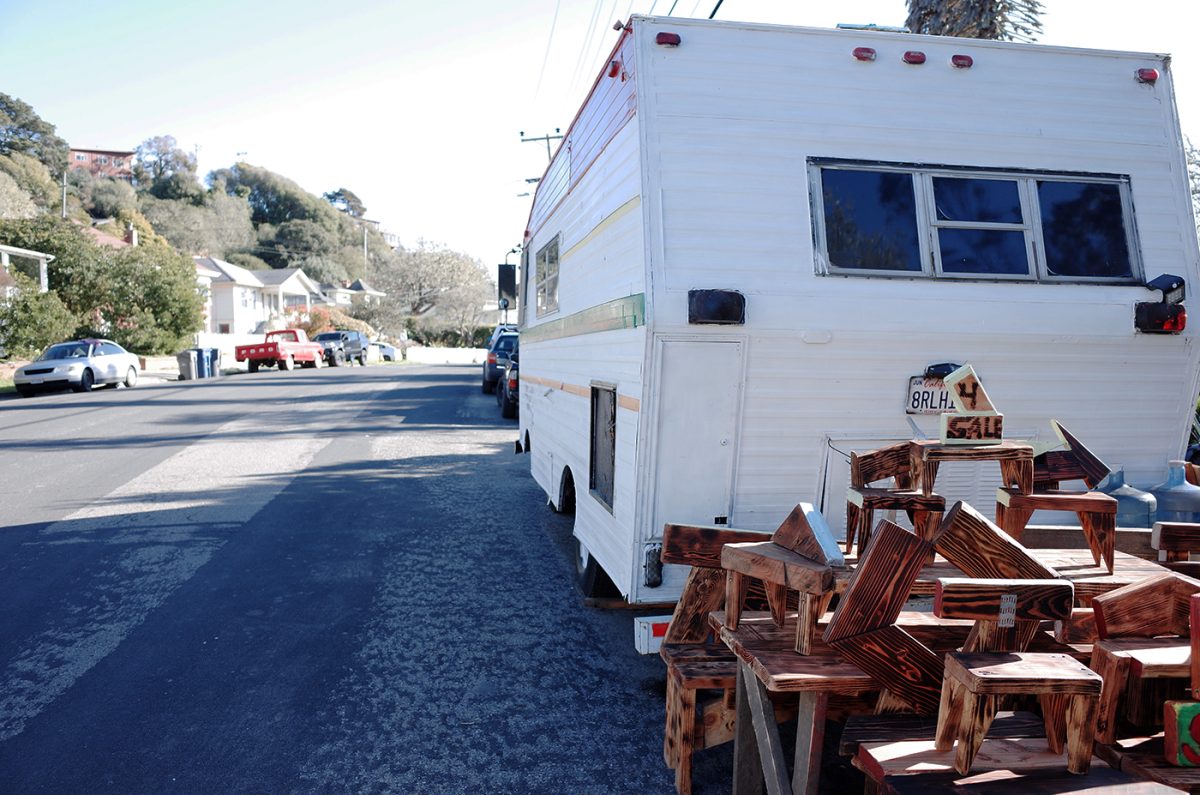The county has new proposals for parking in downtown Bolinas that address the shortcomings of a three-year-old overnight parking ban on downtown streets . . .
Parking rules reconsidered for Bolinas


The county has new proposals for parking in downtown Bolinas that address the shortcomings of a three-year-old overnight parking ban on downtown streets . . .